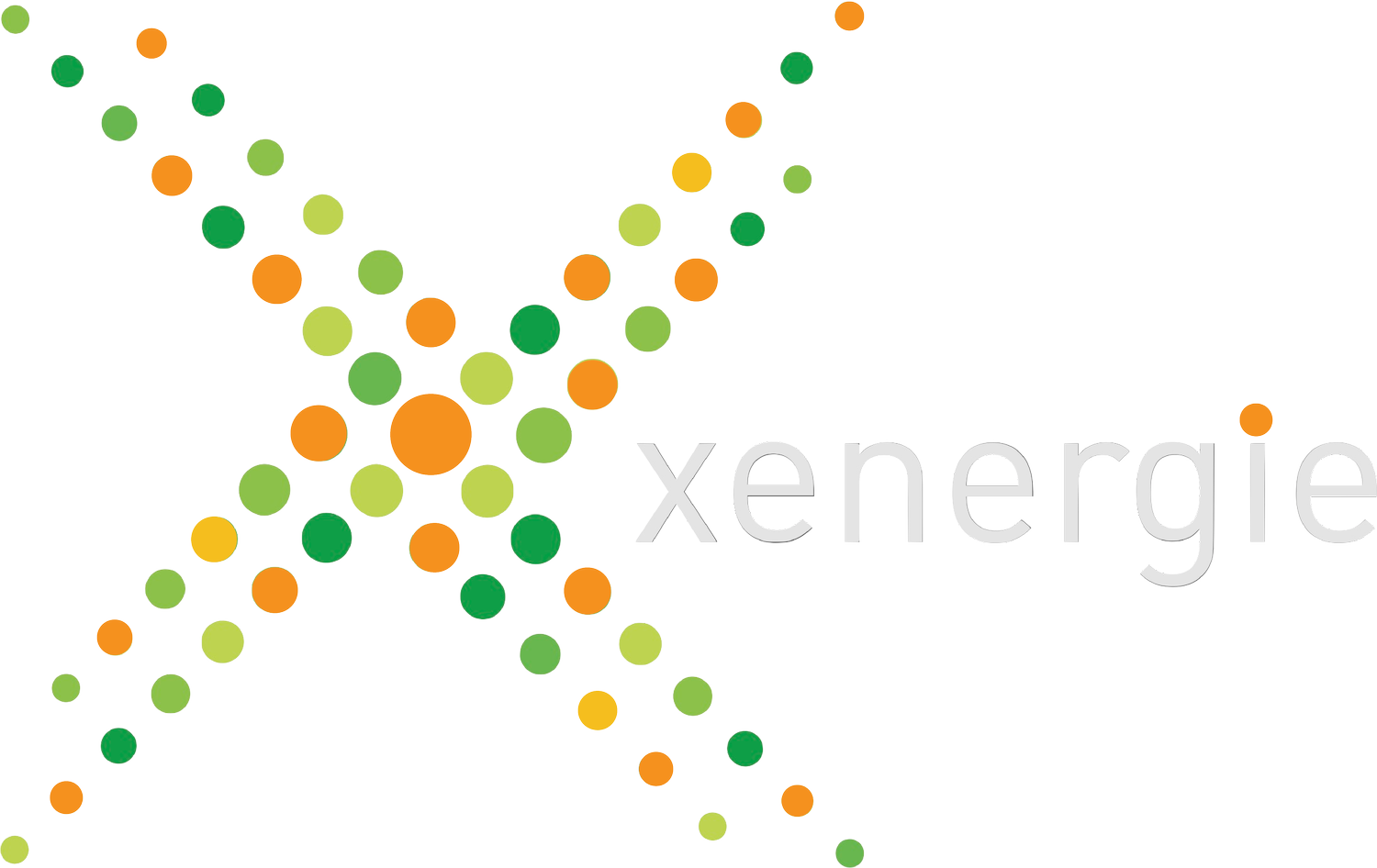There’s no going ‘back to normal’: So where are we going instead?
The Difficulty with the Big Shift to Sustainability and Systemic Seeing.
All around us are the very real signs that we are in a massive transformation, and people are at different stages of grasping the enormity of it. Gleicher’s Formula for change speaks to the fact that change is possible when people have a clear vision of the future. However, what happens when the future isn’t clear? Or is it that the picture we are being shown is simply too overwhelming?
The fragility of existence brings endings… but also beginnings!
The world we are being faced with reflects the fragility of our existence: whether that manifests as staying safe during a pandemic, being more conscious of inequalities, looking after our bodies and our planet or keeping our businesses alive. What if some of it is not actually meant to survive? After all, the one certainty we all have is our own departure from this world at any given time. We hate morbidity – it goes against the natural instinct to stay alive and so we disconnect from this eventuality until we have no choice but to acknowledge it.
However, endings are also the beginnings of something new. With darkness, there is also light! In parallel to what is ending, there are exciting new forms of value and opportunity emerging in the cracks, from cryptocurrencies to a younger generation of confident, aware and determined people who will not stand for what has gone before (just as, by the way, every generation has in history).
The promise of digital too, if we can face that, is a whole new world of immense possibility. That, again, is overwhelming and it is seen to be disruptive. But is the disruption actually more about disconnection? An inability to relate and stay in the discomfort, and spend the extra time it takes to relate to alien things. Can we reframe disruption to be something positive and become curious about what and whom we don’t know and why we need them and they need us?
Sustainability: the key to future systemic growth
Companies that are equipped to thrive in an uncertain future are those who find a middle ground between endings and beginnings; seeing neither as bad, but instead as natural parts of how we experience and understand the systems around us. That middle ground is centred around the jargon of the moment: “sustainability”.
What sustainability means and involves is a widely mooted topic. Does it mean holding on to what we have, or letting some things go? Is it inauthentic to aspire towards sustainability? Do companies risk being shamed for heavy-handed “greenwashing” when they do so? We think sustainability should really be understood systemically. People exist in a much bigger biodiversity of species than just ourselves, and recognising other things within that diversity as ‘alike, yet not alike’, as ‘both, but also the other’, might help us find better ways to cope with and live amidst, and the overwhelming possibilities for the future. In other words, sustainability is about adjusting the processes we use to think, relate and connect to all the interlinked components of our personal, organisational, and communal systems, in order to persist throughout the change.
Embrace your energetic journey into the future
One thing is for sure, allowing anxiety to take over accelerates destruction and spirals disconnection. It can quickly undo all the good work that has been done to connect unless we have worked on a good basis of trust-building. On the other hand, over-resilience can lead to denial and blindness, which also leads to a lack of trust because it’s very difficult to relate to or trust someone who is lacking in emotion. This is why we need to understand humans and organisations as dynamic living systems of energy – energy-in-motion, where energy is the capacity to do work and exist. When emotions are blocked, the energy gets into gridlock.
To relate to the future, we need to think systematically
So, if there is no going 'back to normal', what’s on the cards for our future? Even if we can’t say for certain, going forward with a mindset that promotes sustainability and tempered resilience will give you the best chance of success. Relating to the future through systemic thinking, and adapting how you act to suit that will be a vital part of the organisational strategy from now on.
